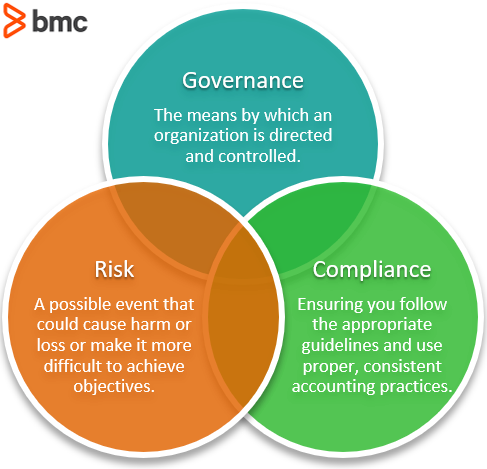
In today’s rapidly evolving technology landscape, where corporations play a vital role, corporate governance has become a critical aspect of organizational success. Consisting of a set of procedures, practices, and policies, corporate governance aims to ensure compliance with laws, regulations, and ethical standards while maintaining transparency and accountability. In the tech niche, where innovation and disruption are constant, companies must prioritize effective corporate governance to foster long-term sustainability and maintain public trust.
The Significance of Corporate Governance in the Tech Niche
In the fast-paced world of technology, corporate governance acts as a guiding compass for organizations to navigate the complex web of legal, regulatory, and ethical challenges. It establishes a solid foundation for responsible decision-making, risk management, and sustainable growth. Without adequate corporate governance, tech companies risk potential legal issues, reputational damage, and loss of investor confidence.
The Key Components of Effective Corporate Governance
1. Board of Directors:
The board of directors is a cornerstone of strong corporate governance. Comprising experienced individuals with diverse backgrounds, their primary responsibility is to provide strategic guidance and oversight. They ensure the company is adhering to ethical practices, while also serving as a check and balance to the executive team.
2. Transparency and Disclosure:
Transparency and disclosure form the bedrock of corporate governance. Tech companies must maintain open and honest communication channels with stakeholders, disclosing accurate and timely information regarding financial performance, risks, and potential conflicts of interest. Transparency builds trust and allows investors, employees, and the public to make well-informed decisions.
3. Code of Ethics and Conduct:
A strong ethical framework is imperative in the tech industry, given the potential for misuse of technology and powerful data. Companies need to establish and enforce a comprehensive code of ethics and conduct that sets the expectations for employees, suppliers, and partners. This code should outline acceptable behavior, conflicts of interest, and guidelines related to privacy and data protection.
4. Risk Management:
Innovation and technology often come with inherent risks. Effective corporate governance includes a robust risk management framework that identifies, assesses, and mitigates potential risks. This includes fostering a culture of risk awareness at all levels of the organization and implementing policies and procedures to proactively address possible threats.
5. Independence and Accountability:
Independence and accountability are crucial aspects of corporate governance. An independent board, free from undue influence, ensures proper oversight and decision-making. Additionally, companies should establish mechanisms to promote accountability, such as regular performance evaluations, executive compensation alignment, and shareholder rights.
The Role of Technology in Enhancing Corporate Governance
As technology continues to reshape industries, it also plays a pivotal role in enhancing corporate governance practices in the tech niche. Here are some ways technology can foster compliance and transparency:
1. Data Analytics:
Advanced data analytics tools enable companies to analyze vast amounts of data, helping identify potential compliance breaches and irregularities. By leveraging data-driven insights, organizations can strengthen their internal controls, identify areas of improvement, and proactively address emerging risks.
2. Cybersecurity Measures:
With the increasing frequency and sophistication of cyber threats, technology plays a vital role in safeguarding sensitive corporate information. Robust cybersecurity measures, including encryption, intrusion detection systems, and employee education, protects against data breaches, ensuring confidentiality, integrity, and availability of critical data.
3. Board Portals and Virtual Meetings:
Technology facilitates seamless communication and collaboration among board members, regardless of their geographic location. Board portals provide a secure platform for sharing meeting materials, voting, and real-time discussion, reducing administrative burdens and enhancing corporate governance practices.
4. Whistleblowing Tools:
Technology enables anonymous reporting mechanisms, empowering employees, suppliers, and other stakeholders to report potential wrongdoings or unethical practices within the organization. Whistleblowing tools ensure confidentiality and provide an avenue for transparency and accountability.
Conclusion
Corporate governance serves as the foundation for responsible business practices in the tech niche. It ensures compliance with laws and regulations while fostering transparency, ethical conduct, and long-term sustainability. By incorporating technology to enhance governance practices, tech companies can stay ahead in an ever-evolving landscape, gaining trust from investors, employees, and the public.